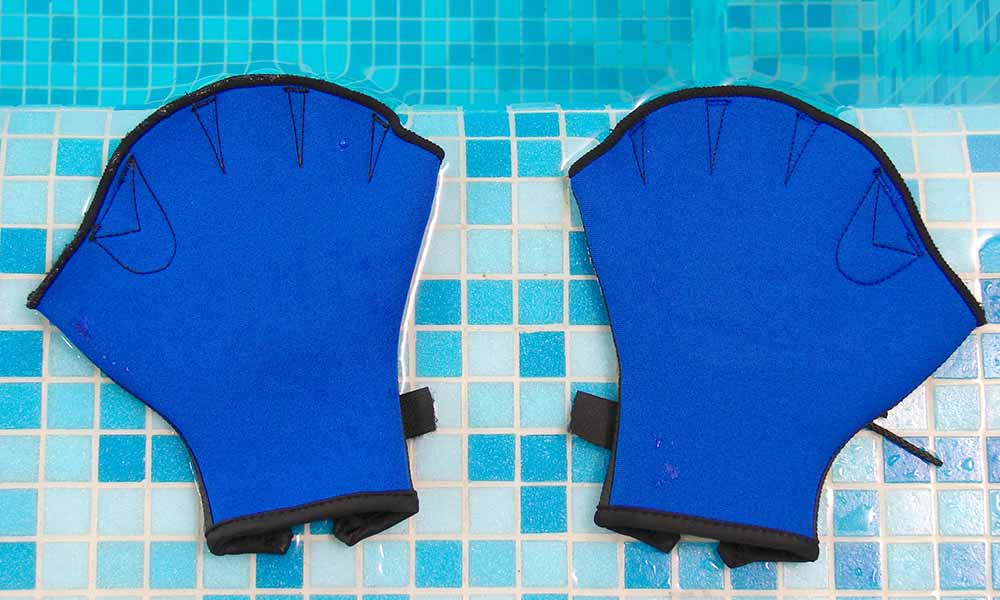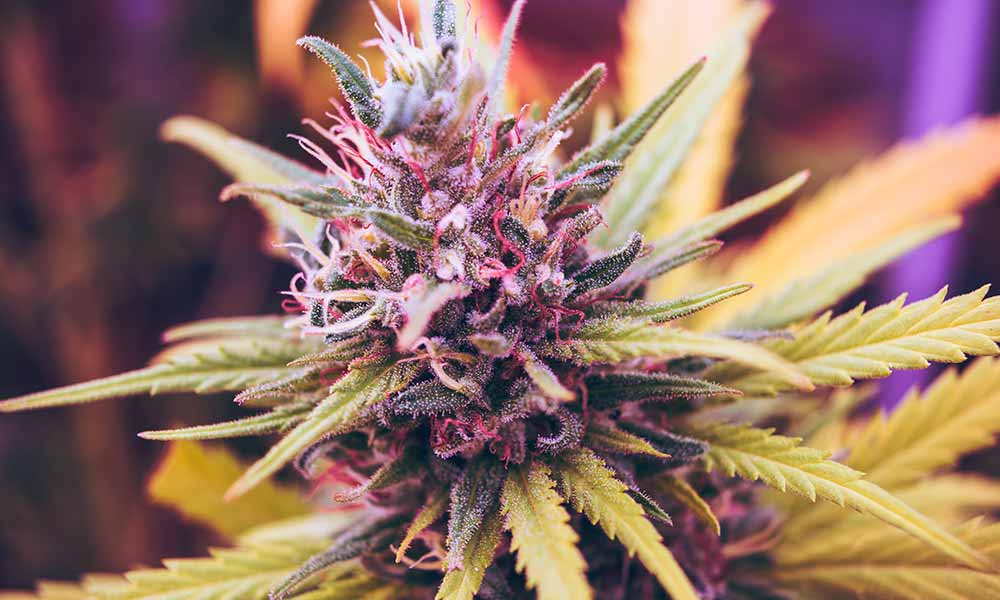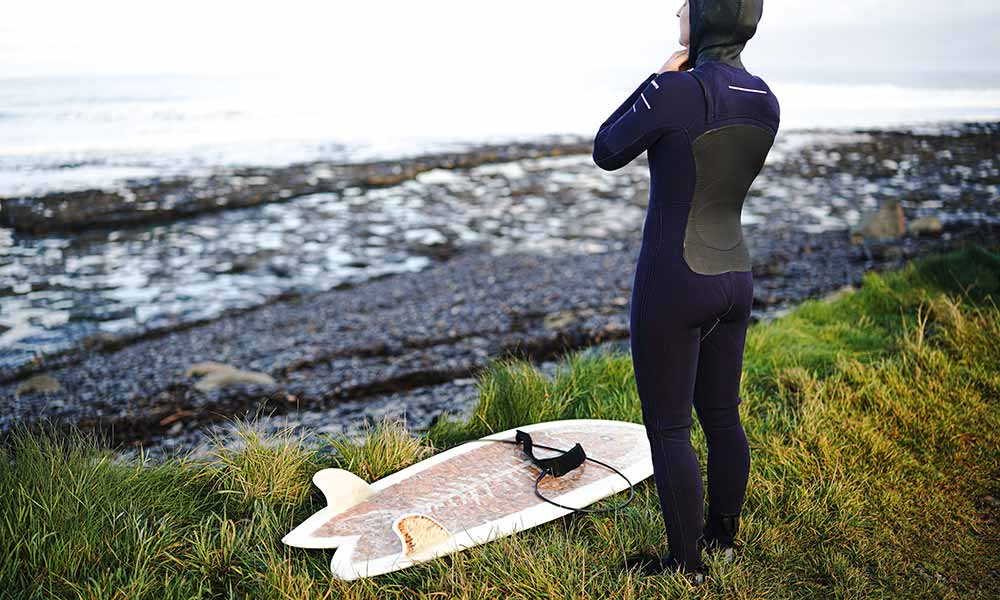Bra, bro, brah, and bruv all stem from the same root word: Brother.
But they are used in different contexts, cultures, and parts of the world. To an outsider, it can all seem a little confusing.
If you find yourself completely stumped by the meanings of these words, you’re not alone.
It could mean that you’re communicating with a different community or that you’re moving to a new area.
It could also suggest that you’re coming from an older demographic.
In any case, the differences are actually easy to understand.
What Does “Bro” Mean?
The word “bro” has many meanings—it all depends on the context.
At the most basic level, it’s an abbreviation of “brother” and is something that you call a close male friend, especially if you’re a male yourself.
It’s also used in reference to “bro culture”, which is both derogatory and celebrated.
A “bro” in this context is loosely defined as someone with “fratty masculinity”, an oxford shirt-wearing, sandal-clad, heavy drinking young white man who cares only about getting laid.
These jockish males are usually in their 20s and stereotyped as wearing clothes from brands like Supreme and Abercrombie and Fitch.
But those definitions are not strict and they take on a different meaning in the surfing community.
A “bro” in surfing can be both a man and a woman (regardless of age) and they’re not necessarily heavy drinking fraternity members.
In some contexts, such as “surfer bro”, it’s someone who is an incredibly laid back surfer and tends to use a lot of surfing slang terms.
What Do the Words “Brah”, “Bruh” and “Bra” Mean?
The words “brah”, “Bruh” and “bra” are used interchangeably but there can be some minor differences.
These words were first used in the West Indies during the late 19th century.
They may have come to us through West Indian slang but may have also developed independently, as they are just a shortened version of “brother”.
“Bra” is common in Hawaii, where it’s also written as “brada” due to the inclusion of a “soft D”.
It doesn’t really have any negative connotations and is just thrown around like the word “dude”.
It hints at a laidback and casual lifestyle and is a slang term that has become synonymous with the shaka.
“Brah” on the other hand is often used to mimic and mock bro culture and surfer culture.
It can also be used to chastise a friend’s bad joke or poor choices. It’s pronounced with a hard “R”.
As for “bruh” or even “brew” (the only difference is the spelling), it’s commonly used in South Africa and is used in the same way as “bra” in Hawaii.
What Does “Bruv” Mean?
To an American, the word “bruv” won’t be as familiar as the other terms on this list.
If you’re in the UK, it’s a different story, but the UK is a pretty big and diverse place and while you’ll probably hear the word “bruv” in London, it becomes less common north of the capital.
“Bruv” is short for “brother”.
It follows a London affectation whereby words with a “th” sound are swapped for an “f” or “v” sound.
It’s often mistakenly called a “Cockney” word, as it’s a common misunderstanding that all Londoners are Cockneys, but Cockneys actually hail from the east end of the city.
“Bruv” is used in the same context as “Buddy”, “Homie”, “Homeboy”, and even “Dude” in the United States and “Fam” or “Mate” elsewhere in the United Kingdom.
It’s mostly used by younger generations, and it is not necessarily tied to any specific demographics or communities.







